Want Better Energy, Brain Health, and Metabolism? A Nutritionist Says Eat These 15 Foods
Earlier this year, we dove into the importance of vitamin B12. Vitamin B12 is like the motor of a car. We need it to keep humming along. It’s an essential vitamin, just like vitamins A, C, D, E, and K. Separately and synergistically, they all keep your body working properly. We love ‘em. We need ‘em. B vitamins, in particular, are crucial for energy, moving oxygen, and more. And while B12 is the most popular of the bunch, there are seven other B vitamins to get to know. Today, we’re chatting about why you need B vitamins, if it’s possible to consume too many, and most importantly, foods that are high in vitamin B.
What Is Vitamin B?
B vitamins (otherwise known as vitamin B complex) are a class of water-soluble vitamins. They’re important for cell metabolism and the synthesis of red blood cells. These vitamins share similar names, but they’re chemically distinct compounds (often coexisting in the same foods)—think dairy, meat, shellfish, dark leafy greens, beans, seeds, and more. Beyond unprocessed foods, they’re also available as dietary supplements.
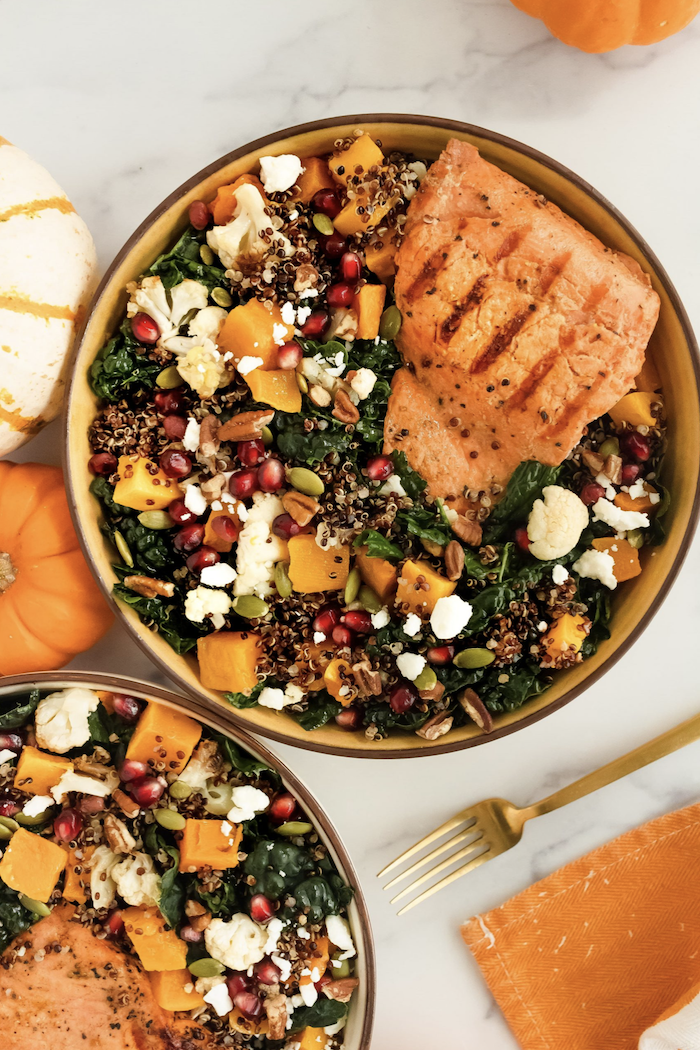
What Are All of the B Vitamins?
Every day, your body needs a variety of vitamins and nutrients to support your wellbeing. Foods that are high in vitamin B help get that job done. Of the 13 vitamins that your body needs, eight of them are B vitamins:
- Thiamin (B1): Thiamin, or thiamine, enables the body to use carbohydrates as energy. It is essential for glucose metabolism, and it plays a key role in nerve, muscle, and heart function.
- Riboflavin (B2): Like B1, vitamin B2 helps break down proteins, fats, and carbohydrates. It plays a vital role in maintaining the body’s energy supply. Riboflavin helps convert carbohydrates into adenosine triphosphate (ATP).
- Niacin (B3): The key role of niacin in your body is to synthesize two coenzymes which are involved in over 400 biochemical reactions in your body—mainly related to obtaining energy from the food you eat. Your body gets niacin through food, but it also makes small amounts from the amino acid, tryptophan.
- Pantothenic acid (B5): B5 is one of the most important vitamins for human life. It’s necessary for making blood cells, and it helps you convert the food you eat into energy.
- Pyridoxine (B6): Vitamin B6 helps maintain a strong immune system by supporting chemical reactions in the immune system.
- Biotin (B7): Biotin, or vitamin B7, is needed to metabolize fats, carbohydrates, and protein. Deficiency can lead to hair loss and skin problems, but it is rare.
- Folate / folic acid (B9): Your body needs folate to make DNA and other genetic material. It’s especially important during pregnancy! Your body also needs folate for your cells to divide. A form of folate, called folic acid, is used in fortified foods and most dietary supplements.
- Cyanocobalamin (B12): Vitamin B12 is important to maintain the health of your metabolism, blood cells, and nerves.
Why You Need B Vitamins
Vitamin B complex plays a special role in your body. B vitamins help enzymes (which break down what you eat and drink) with several functions, including:
- Releasing energy from proteins, carbohydrates, and fats
- Breaking down amino acids
- Moving oxygen and energy around your body
As the building blocks of a healthy body, B vitamins have a direct impact on your energy levels, appetite, muscle tone, eyesight, brain function, and cell metabolism. Specifically, B vitamins also help your cells grow and multiply. Some B vitamins also aid the body’s production of hemoglobin (very important for red blood cells!). Hemoglobin gives blood its red color. It also helps transport oxygen throughout your body.
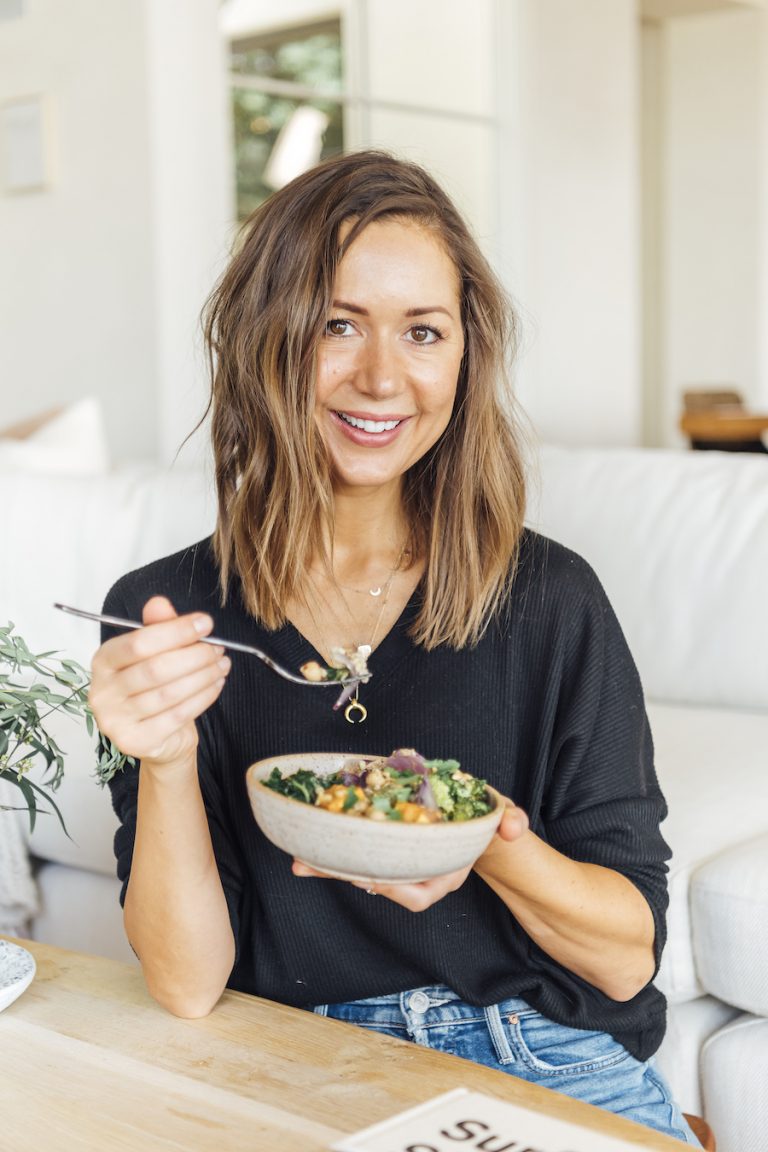
Health Benefits of B Vitamins
What are some other health benefits of B vitamins? Immune function, brain health, and help prevent birth defects in a growing fetus, to name a few. Vitamin B6, for example, supports biochemical reactions in your immune system. Vitamin B6 doesn’t often get a chance to shine, but it’s a very hard-working nutrient. As far as brain health is concerned, data suggests that the more B vitamins there are in your blood, the better you’ll perform on tests involving memory, problem-solving, and sentence formation. Furthermore, if you’re a woman of childbearing year, your folate / folic acid needs will increase when you become pregnant. Vitamin B9 can help to reduce your baby’s risk for developing birth defects, including spina bifida and other neural tube defects.
What Is a Water-Soluble Vitamin?
Unlike vitamins A, D, E, and K which are fat-soluble, B vitamins are water-soluble. But, what does this mean? As its name suggests, a water-soluble vitamin can dissolve in water. Water-soluble vitamins are carried to the body’s tissues but are not stored in the body. Because they’re easily absorbed by the body, you won’t store large amounts of them at once. One of the jobs of the kidneys is to remove any excess water-soluble vitamins that aren’t needed.
Can You Get Too Much Vitamin B?
Given that vitamin B is water-soluble, it’s quite unlikely to get too much. If you intake too many B vitamins, no need to fret. You’ll simply excrete them when you urinate. Plus, taking extra vitamin B12 won’t give you more energy than the daily-recommended amount of B12. All of that said, overdose is possible, particularly if you’re taking a supplement without receiving a deficiency diagnosis from your doctor. Always chat with your healthcare provider before making a change to your supplement routine.
What Are Symptoms of Vitamin B Overdose?
Symptoms of a vitamin B complex overdose vary (and again, are not common), but they include: Excessive thirst, abdominal cramps, blurry vision, increased urination, skin flushing, nausea, and more. Furthermore, taking too much vitamin B can lead to nerve damage. On the flip side, if you think you might be deficient in B vitamins (or you’re newly plant-based and want to ensure you’re getting all of the vitamins and minerals you need), schedule an appointment with your health care practitioner.
15 Foods That Are High in Vitamin B (Plus, Recipes!)
Consuming foods that are high in vitamin B is the best way to ensure you’re nourishing your body on a cellular level. Luckily, B vitamins are present in many foods. And, there are a variety of healthy, delicious recipes that are packed with vitamin B.
Eggs
One large egg contains 33% of the RDI for biotin, distributed between the yolk and white. In fact, eggs are one of the top sources of biotin!
Recipe: Eggs In Purgatory by Well Plated by Erin.
Why we love it? Perfectly soft-cooked eggs, swimming in an insanely delicious tomato-based sauce (infused with garlic and herbs), what’s not to love? This is the healthy, one-pan meal you didn’t know you needed.
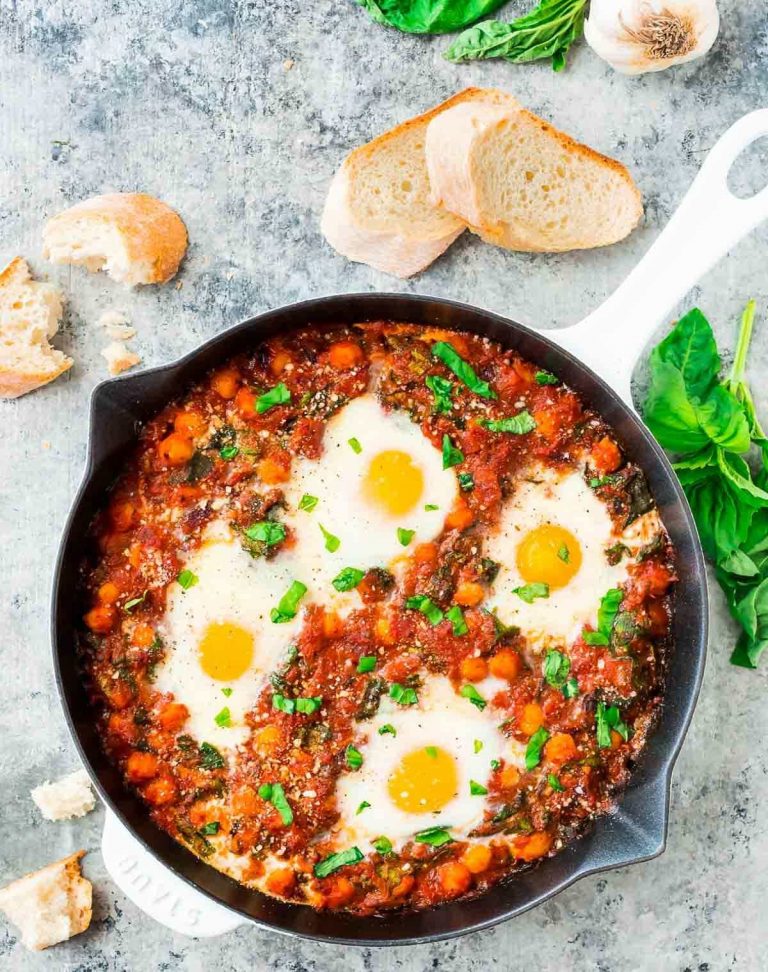
Edamame
Legumes are most notable for their high folate content. They also provide small amounts of other B vitamins, including thiamine, riboflavin, niacin, pantothenic acid, and B6. Edamame, in particular, contains 60% of the RDI of folate.
Recipe: Asian Edamame Salad by Recipe Runner.
Why we love it? Even in the middle of December, we’ll eat this flavorful, crunchy salad. Shelled edamame, cucumbers, red bell pepper, and cilantro are all tossed in a sesame vinaigrette. It’s delish.
Lentils
Along with soybeans, black beans, and garbanzo beans, lentils are an excellent source of B vitamins, iron, magnesium, potassium, and zinc. They’re also a great source of plant-based protein and fiber.
Recipe: Coconut Curry Red Lentil Soup
Why we love it? We always feel awesome after eating this soup. It gives us that “totally satisfied without feeling weighed down” vibe that can be hard to come by.
Nutritional Yeast
Nutritional yeast and brewer’s yeast are inactive, meaning you can’t use them to make bread. Rather, people use them to boost the flavor and nutrient profile of dishes. Nutritional yeast, despite its name, is totally delicious. It has a nutty, cheesy flavor. Plus, it’s one of the foods that are high in vitamin B. It can be sprinkled on just about any savory dish.
Recipe: 30 Minute Vegan Alfredo by Minimalist Baker.
Why we love it? This completely dairy-free and gluten-free pasta recipe is a showstopper. Add spring peas and vegan parm cheese for a satisfying plant-based meal.
Greek Yogurt
All dairy-based yogurts are excellent sources of calcium, potassium, protein, zinc, and vitamins B6 and B12. We gravitate to Greek yogurt for its protein content, too.
Recipe: Greek Yogurt Sauce by Simply Homecooked.
Why we love it? This Greek yogurt sauce recipe is so versatile and can complement almost any Mediterranean dish with flavorful hints of garlic, cumin, and lemon juice.
Cheese
From cottage cheese to ricotta, parm, swiss, and cotija, cheese is rich in B vitamins. Cheese also provides complete protein, bone-building calcium, and vitamin A.
Recipe: Enchilada Stuffed Zucchini Boats
Why we love it? These zucchini boats make weeknight dinners feel extra special (plus, they’re loaded with B vitamins, thanks to the turkey, beans, and cheese). Foods that are high in vitamin B never tasted so good.
Wild-Caught Salmon
Packed with omega-3 fatty acids, salmon is also high in B vitamins. Particularly, B12, B6, and B3.
Recipe: Baked Salmon With Pesto and Broccolini
Why we love it? Low in ingredients but high in flavor, this weeknight dinner comes together in a flash.
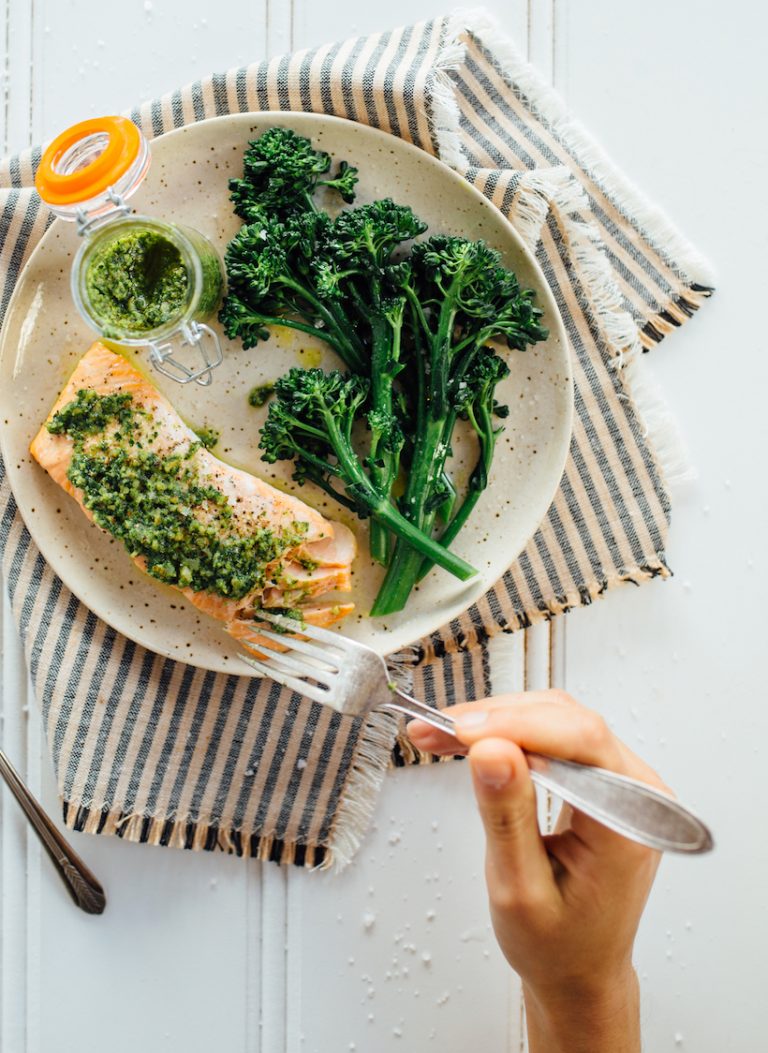
Spinach
Spinach is one of the highest sources of folate, so load up,
Recipe: Apple Spinach Salad by Gimme Some Oven.
Why we love it? This classic apple spinach salad is easy to make with fresh ingredients and tossed with a quick apple cider vinaigrette. Feel free to customize with your favorite varieties of apples and cheese. Foods that are high in vitamin B are plenty colorful!
Collard Greens
Like other leafy greens, collard greens are an excellent source of vitamins A, C, K, and B6. They also contain thiamin, niacin, and pantothenic acid.
Recipe: Quick Collard Greens by Cookie + Kate.
Why we love it? These Brazilian collard greens are quickly cooked in olive oil and finished with a squeeze of lemon juice. They’re the perfect side dish.
Beef
Beef boasts high amounts of B3, B6, and B12. A 3.5-ounce (100-gram) serving supplies about a third of the RDI for each of these vitamins, in addition to smaller amounts of other B vitamins.
Recipe: Beef and Broccoli by Natasha’s Kitchen.
Why we love it? This easy, one-pan, 30-minute meal is loaded with fresh broccoli, nutrition-packed beef, and the best stir fry sauce. Dinner is served.
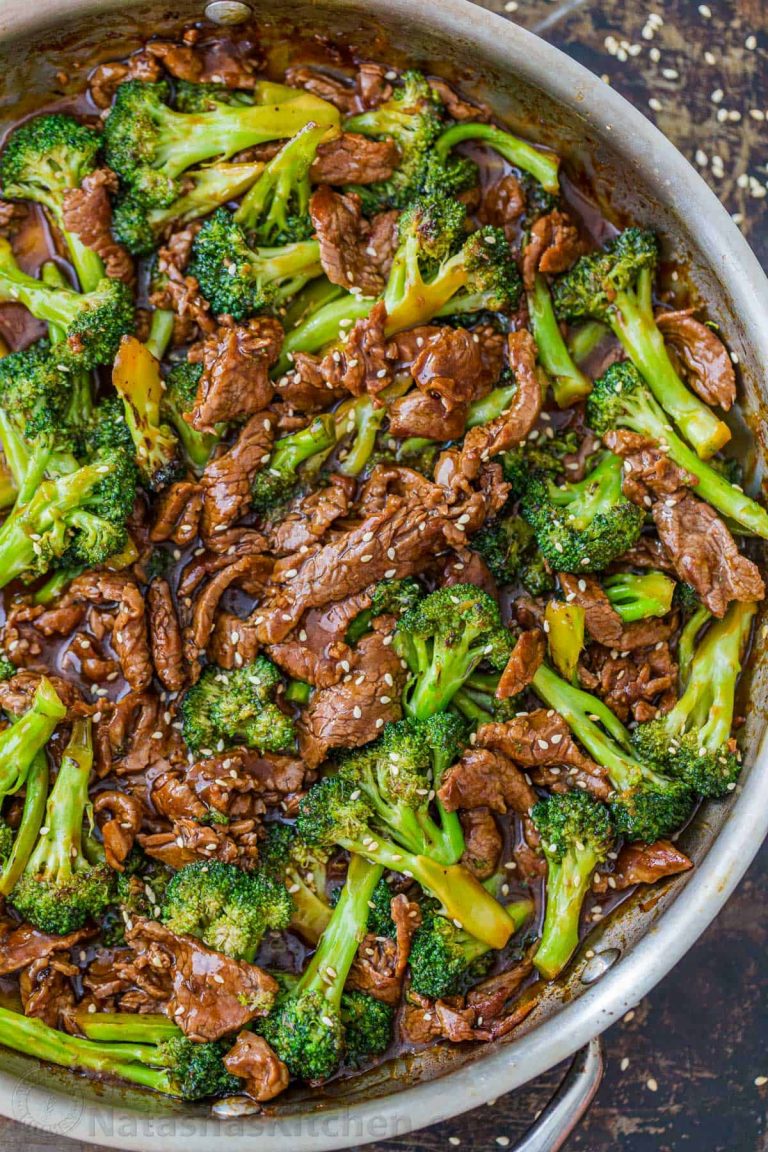
Pork
Like other animal meats, pork is packed with several B vitamins. It’s especially notable for its high amount of thiamine.
Recipe: Sticky Glazed Pork Rice Bowls by What’s Gaby Cooking.
Why we love it? It’s insanely delicious. Made with pork tenderloin, this is one of those meals that can be made in no time and I promise you, it’ll be on the weekly rotation for dinners.
Chicken
Along with beef, turkey, etc., chicken contains high levels of B vitamins (B3, B6, and B12, specifically). From chicken soup to chicken salad, there are so many ways to use this source of animal protein.
Recipe: Healthy Baked Chicken Parmesan by Erin Lives Whole.
Why we love it? This chicken parm recipe combines almond flour-breaded chicken breasts with indulgent mozzarella for a top-notch flavor combo. It comes together in less than an hour. Your hungry family and friends will keep coming back for more.
Sunflower Seeds
Containing folate and vitamin B6, sunflower seeds are an easy and convenient source of B vitamins. In fact, Sunflower seeds (and sunflower butter) are among the highest plant sources of pantothenic acid, a B vitamin found only in small amounts in most foods.
Recipe: Kale Pasta with Sunflower Cream Sauce by Naturally Ella.
Why we love it? Nut/seed creams are so great to have on hand. They’re a lovely addition to soups, porridge, pasta, etc. This kale pasta is the perfect way to use sunflower cream! Use your favorite pasta and you have an easy weeknight dinner.
Oysters
Oysters, clams, and mussels each supply at least four times the RDI for vitamin B12 per serving. They’re also high in riboflavin and provide smaller amounts of thiamine, niacin, and folate.
Recipe: Oyster Stew by sweet + savory.
Why we love it? Don’t be fooled by the simplicity of this recipe, this family favorite oyster stew is the best. Unlike many oyster stew recipes, theirs calls for a little bit of potato, which makes this stew stick-to-your-ribs satisfying.
Organ Meats
Though not particularly popular, organ meats, especially liver, are packed with B vitamins. This is true whether they’re from beef, pork, lamb, or chicken. They’re extremely high in vitamin B12, B7, and B3.
Recipe: Superfood Chili by mommypotamus.
Why we love it? If you’re unaccustomed to liver’s strong flavor or view organ meats as unappetizing, try them ground and mixed in this highly seasoned food chili. It’s hearty, comforting, and nutrient-rich.
